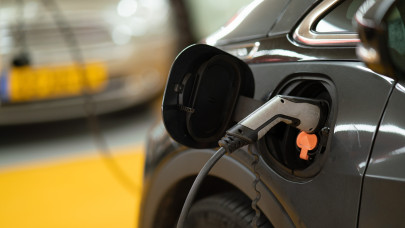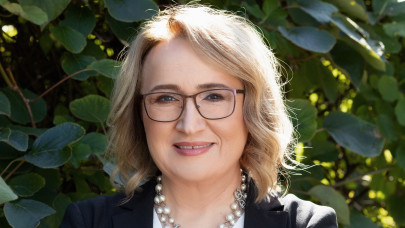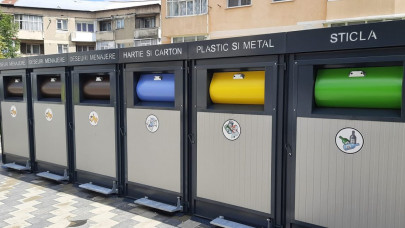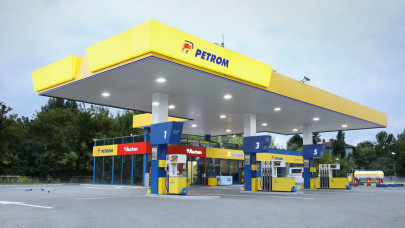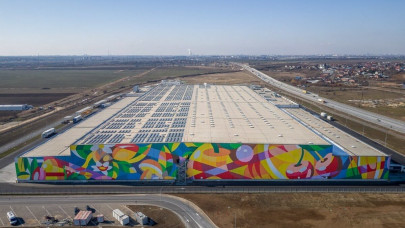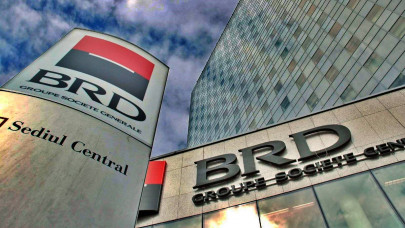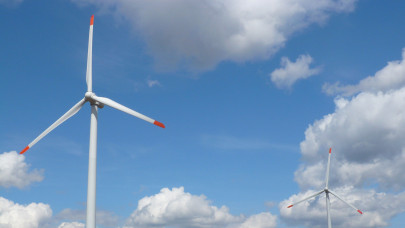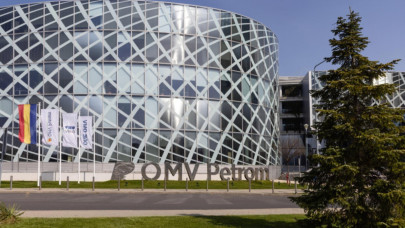"With this decision, the company demonstrates, once again, its commitment to partners, the environment, and the reduction of the carbon footprint, highlighting the fact that ecological transport can be a viable solution for the relevant industry", the company announced.
In May, Gebrüder Weiss Romania tested a Volvo FH Electric 4x2 tractor unit, equipped with a 6-battery pack (540kWh), for a period of 10 days. This action was carried out in partnership with a major customer in the automotive safety systems industry and Volvo Trucks, a manufacturer with a wide range of electric trucks available in all heavy-duty segments.
"During May 10-19, the electric truck made several runs daily, being constantly monitored by the project team. Thus, its testing gave us the opportunity to better understand the opportunities and constraints of operating 100% electric transport units", said Viorel Leca, General Manager of Gebrüder Weiss Romania.
During the 10 days of tests, the electric truck made multiple daily trips between Brașov and Sfântul Gheorghe and local races in the Brașov area. It covered, on average, 150 km every day and transported raw materials and finished products, but also packaging intended for the automotive industry between different work points.
"Sustainability is one of Gebrüder Weiss' core values, and the company pays particular attention to initiatives with a positive impact on the environment. Thus, at the group level, for several years, the company has been increasing the share of alternative engines in high-tonnage transport and developing low-emission solutions for the last mile. For example, in the metropolitan area of Vienna, an electric truck is used for local transport, and the end customers in Austria are supplied with electric vehicles. In addition, one of the world's first hydrogen (H2) trucks has been operating regularly in Switzerland since January 2021. Furthermore, the deployment of five more H2 trucks is planned for 2023 in Germany," the company states.
As part of this experiment, Gebrüder Weiss wanted to test and understand what the exploitation of this new technology entails, in the context of a higher acquisition cost than a conventional truck and an insufficiently developed infrastructure in Romania, at the moment. Considerations such as reliability, consumption, autonomy, and charging time, but not only, were taken into account.
The results obtained at the end of the tests open the possibility of purchasing and operating such trucks in daily transport activities. At the moment, they lend themselves to being integrated over medium distances, up to 150-200 km round trip, provided there is a charging station at the end of the route.
"Certainly, the efficiency of the electric truck, similar to any car, is closely related to a multitude of factors, including driving style, degree of loading, weather conditions, and more. However, taking into account this aspect, I had the chance to test how such a truck can be operated efficiently and what are the differences compared to a conventional / diesel one", Viorel Leca also said.


